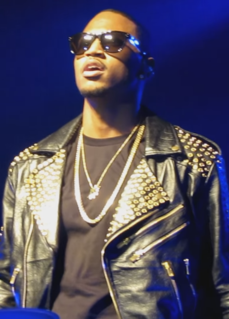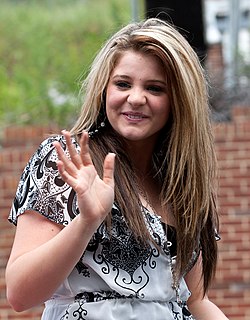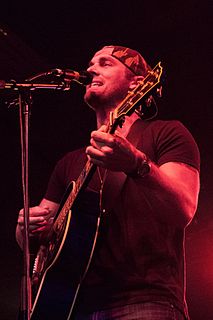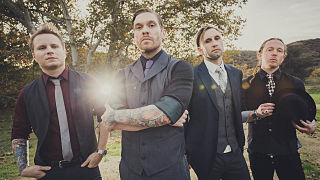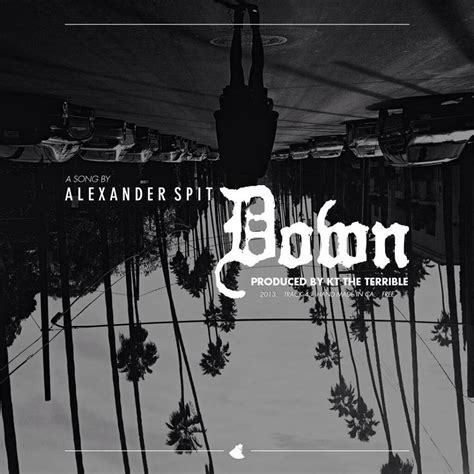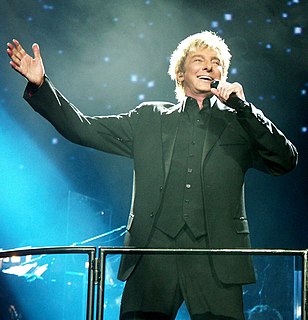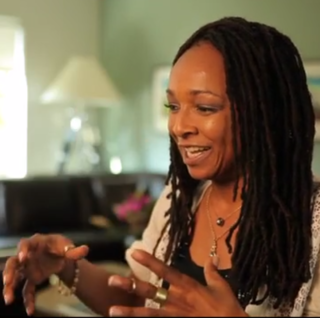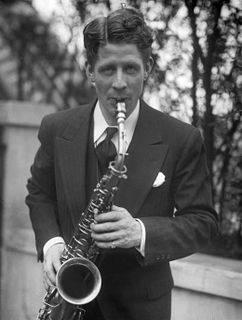A Quote by Bruno Mars
'Nothin' on You' by B.o.B was the first song where I heard myself on the radio. I'd been trying my whole career to write a song like that, which incorporates live instruments with hip-hop and singing.
Related Quotes
Barriers have been broken: rappers are singing, and singers are rapping. You might catch a rapper on a rock song, a pop artist on a hip-hop song - there are so many different things that are going on today. That is the same way in which we live our lives; we're all over the place. I like to try different things.
In this time, we incorporate money and media, and it's split up like apartheid, where when you say "hip-hop," you think just rap records. People might have forgot about all the other elements in hip-hop. Now we're back out there again, trying to get people back to the fifth element, the knowledge. To know to respect the whole culture, especially to you radio stations that claim to be hip-hop and you're not, because if you was a hip-hop radio station, why do you just play one aspect of hip-hop and rap, which is gangsta rap?
To be honest, that whole exchange with Crunk Feminist actually made me write the song because I realize there's a lot of young women out there so hurt by the misogynistic images in hip-hop they paint it with such a broad brush stroke that they think anybody that defends hip-hop is defending misogyny.
The power of a label and radio and a booking agency and all that - you never know until you experience it the first time, but being able to have a song on radio, but then go play a show for people that have heard the song on radio, and having it sung back to you, is - I don't know how to describe it.
I don't play a lot of instruments so when it comes to the song writing process I don't have a lot to do with that. A lot of times it's just acoustic guitar and a small riff that produces a song. Ultimately you want to write a song that people are going to enjoy and that you love to play, most importantly you have to write it for yourself first.
When I was driving home after registration, I heard this song on the radio, a guy singing about not ever going to class in college and always hanging out and singing for his friends. I laughed and said, I can relate, because it was so much like me. I realized right then I would pull out of school and pursue a music career.
To write a love song that might be able to make it on the radio, that is something that is terrifying to me. But I can definitely write a song about that chair over there. That I can do, but to sit and write a pop song out of the clear blue sky, that is very difficult and I admire the people that can do it.
We of the soft-crooning radio type of singer are giving the people what they want. The American public as a whole does not care for full-throated operatic singing. And why should it? Down through the ages, it has been the simple song which has lived and continues to touch the heart of humanity. And so it is with singing.

